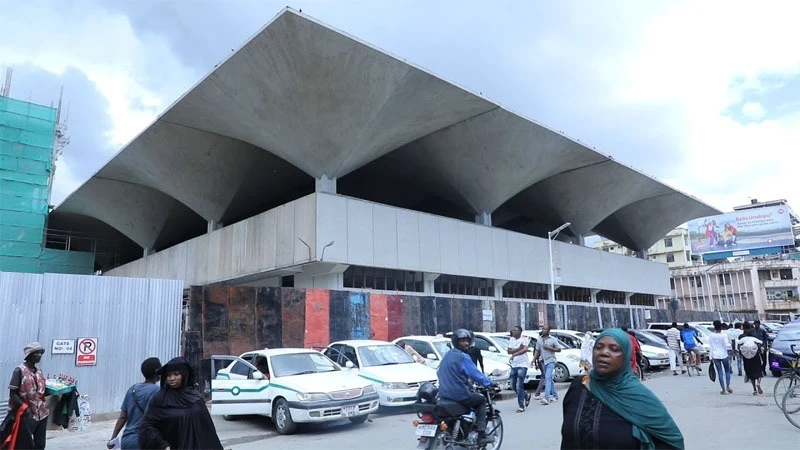FCT needs to defend competition, not seeking popularity with clients

MAKING fair rulings to win clients’ trust is a mission demanded on the Fair Competition Tribunal (FCT), which handles appeals brought before it from the Fair Competition Commission (FCC), where a senior regional administration official saw it as tied to winning the trust of its clients.
That was definitely true but it is unclear if it is also helpful in other regards, for instance what sort of spirit to uphold in its work, as trust is multifaceted in how it is won. There is no need to repeat the well-known judicial feature that a client is happy when he or she wins the case, which waylays the issue of trust.
As a matter of fact, there is a difference between the spirit of an organ like FCT and courts in general, despite that in the final analysis they resemble the courts, namely to stick to the facts of the case and make the most reasoned judgments based on the evidence provided.
Nevertheless the tribunal has been formed with a specific agenda in mind, as well as the commission with which it works in tandem rather than above it, namely to uphold competitive statutes and behaviour not just among economic entities but also on the part of public agencies. The trap is that competition is often not at the heart of what any of these entities may be doing, whether it is private firms or public agencies, organisations.
Clients have a way of looking closely at the behaviour of regulatory agencies to see where their minds are, and at the same time there are pressures at the state level for reading statutes for instance on regulating competition in such a manner that a public agency or commercial entity always wins.
Were that to be the case, it is likely that some public officials or sector bigwigs would take to explain that the tribunal is doing excellent work in providing education for private sector ‘learners’ of some sort that FCT is there to ensure ‘win-win’ competition. Duplication is often a sign the state has won, ‘too.’
This sort of expectation could indeed win the ‘trust’ of a whole section of clients, those arising from the state-led part of economic activity, less for operating firms than for regulatory bodies.
In that case raising the issue of trust needs to be pegged directly to earning the trust of the private sector, where it is indifferent if it is the local or foreign private sector, as competition is what underlines private sector activity. State owned commercial bodies often wish to believe they represent the national interest, making it somewhat ludicrous that they lose a case at FCT; at that point the tribunal may lose ‘trust.’
Looking at the event organisation and themes emerging in its activities, one notices that it was a seminar aimed at raising awareness among traders especially at the city centre business zone at Kariakoo and the Machinga Complex, a somewhat extended zone. It was not clear what sort of issues can arise from these sources for they are traders, retailers in the main, and not manufacturers (seeking protection of goods) or importers (feeling the pain of protection).
At times the city centre traders squirm at the presence of foreign traders and wish they were not there, whereas they purchase space from local traders, giving them large sums of money to set up shop elsewhere. The foreigners wish to be in city centre vicinity for social purposes, to meet more of those they socialize, and do some work.
Top Headlines
© 2024 IPPMEDIA.COM. ALL RIGHTS RESERVED

















